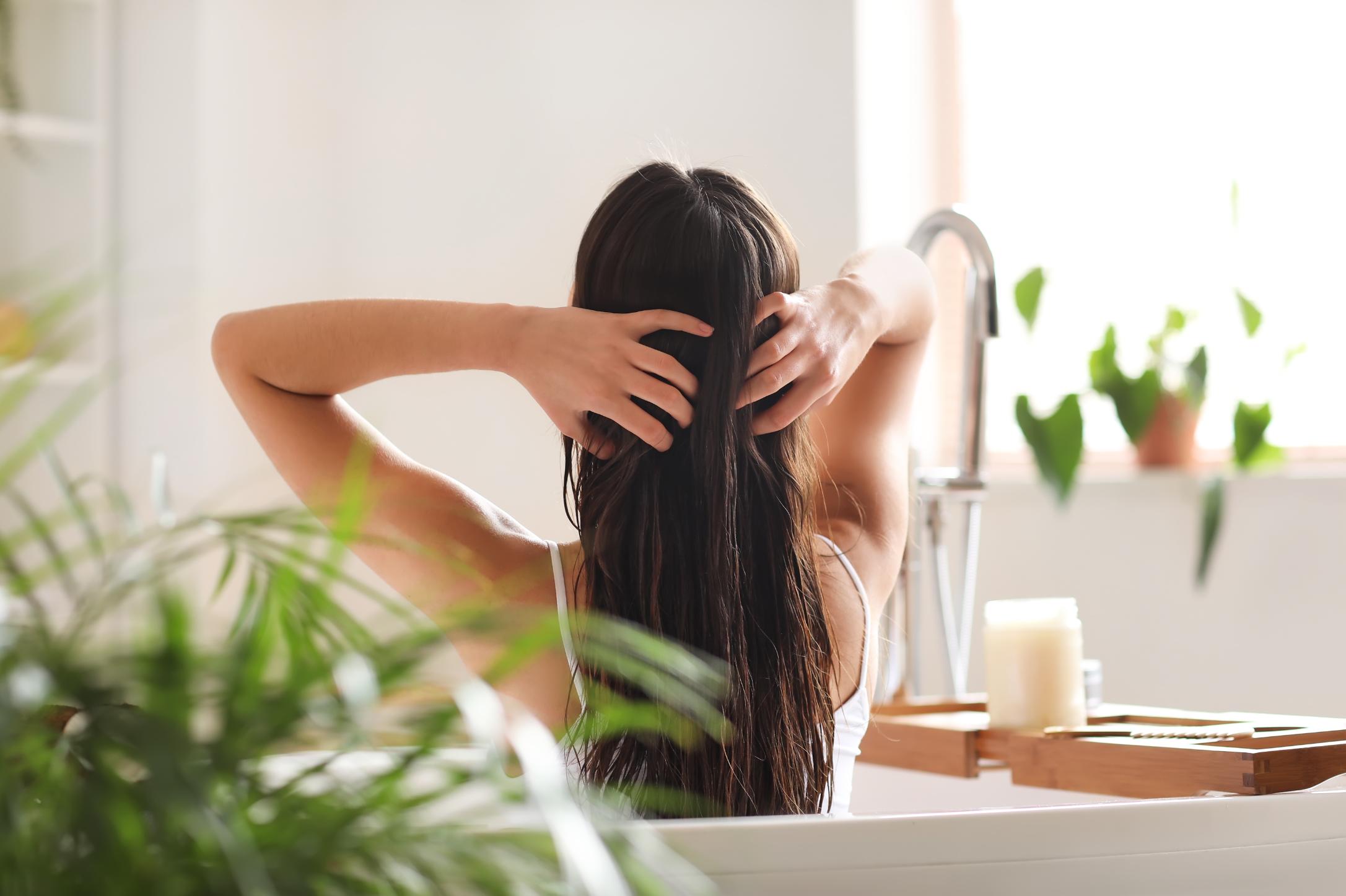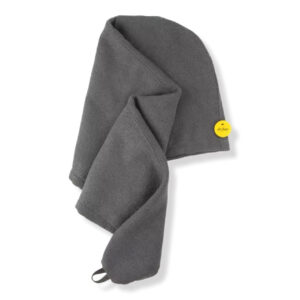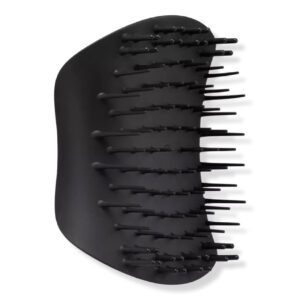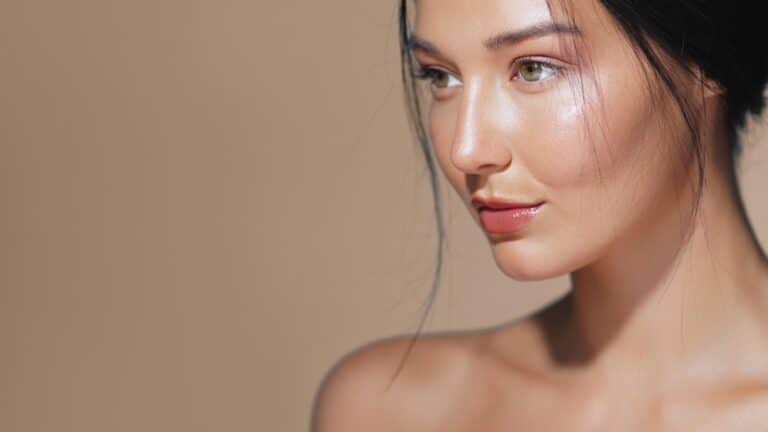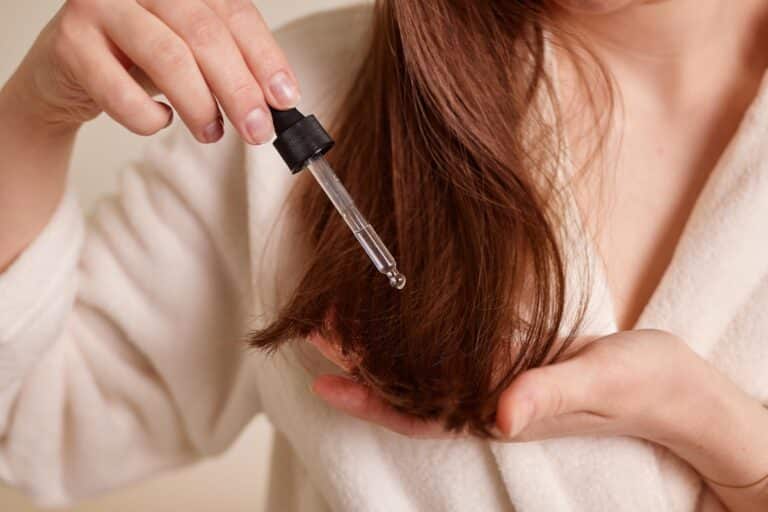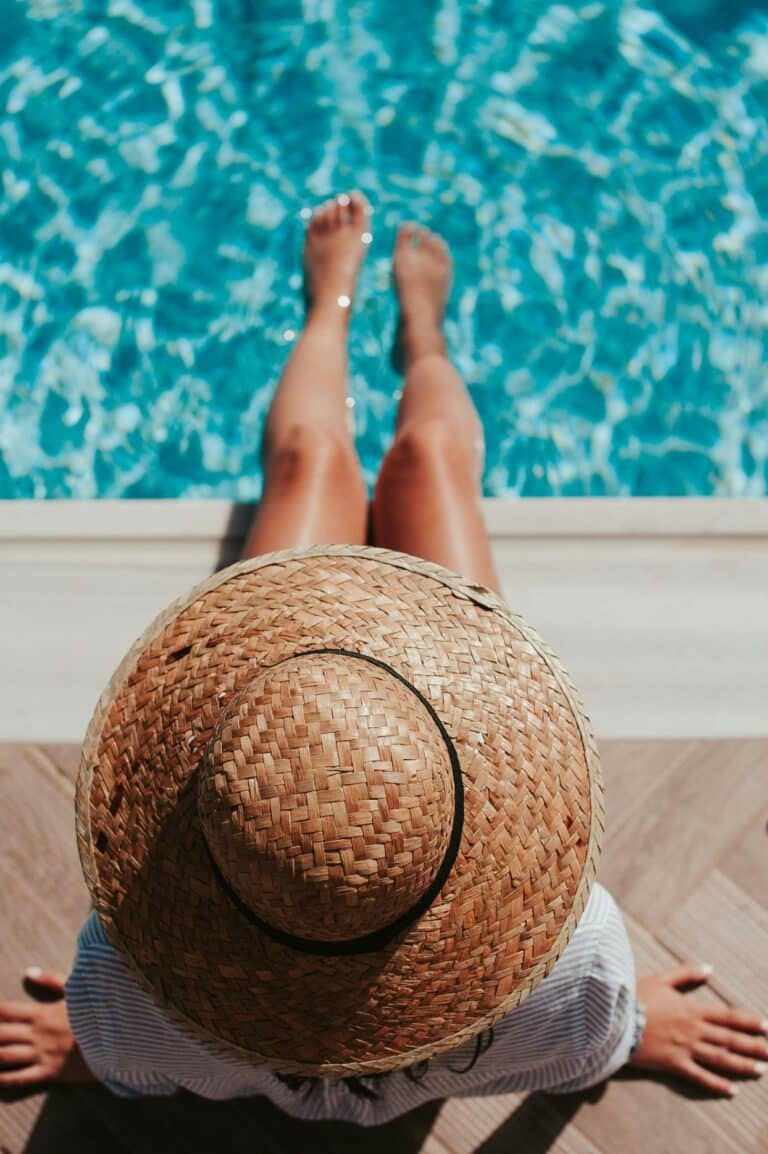While we regularly talk about wellness as it relates to our workouts or sleep routines, what about when it comes to our hair? Turns out, it’s a big part of keeping your tresses in top shape.
What is hair wellness?
“Hair wellness is the overall health of your hair, inside and out,” explains Kristina Maccaro, color specialist and owner of Love Lane Salon, which has two locations in Jersey City, NJ. “Hair wellness starts with what you are putting into and how and you treat your body, not just your hair. It encompasses everything from what you eat to your stress levels to the products you use.”
Hair wellness also includes the scalp, says David Li, MD, MBA, a board-certified dermatologist at Boston Dermatology & Laser Center in Boston, MA and founder of Boston Derm Advocate. “The scalp in this instance, refers to the skin that houses the hair roots and hair follicles, serving as the foundation upon which hair is grown.”
He also explains that hair health means different things to different people—and things like texture, color, and shine may change based on what a person prefers. “However, the scalp is a bit different,” he says. “When I examine a scalp, I ensure there is no perifollicular scale—scale around the hair root and follicle—no redness or inflammation on the scalp, and no overgrowth of yeast or dandruff.”
For her part, Maccaro has seen an uptick in interest in hair wellness from her clients. “Clients are asking questions about how to better take care of their hair so that they can make more informed lifestyle choices,” she notes. “This looks different for each person, but we are having a lot of conversations about supplements, diets, topical oils, shower products, styling products, tools, accessories, and hair routines.”
How to improve hair wellness
So what can you actually do to promote hair wellness? The experts we spoke with suggest:
Cut stress.
While this is easier said than done, of course, it’s still important. “Hair health is multifactorial and can include diet, exercise, sleep, and overall stress,” says Dr. Li. “What your body physically endures can manifest in your hair.” (Stress-related hair loss, for example, is a very real thing.) As he explains, stress-reducing techniques can range from things like meditation to swimming, reading, or playing with your dog. “The goal of these modifications is to improve your overall happiness and physical health, which can reflect in your hair health,” he says.
Maintain healthy habits.
Similarly, sleeping well—at least 7 to 8 hours a night, recommends Dr. Li—and other healthy lifestyle habits, like eating well can help. “Diets rich in protein, zinc, and omega-3 fatty acids are ideal,” says Maccaro. (Always talk to your doctor before changing up your diet or taking any supplements, she advises.)
Don’t be aggressive with wet hair.
This is the number one no-no from Maccaro as far as the most damaging things you can do to your hair. “Wet hair, especially wet curly hair, is fragile,” she explains. “When your hair is wet, the cuticle is open and it has more elasticity. This means it can be easily compromised or over stretched.” She advises against making a habit of doing things to wet hair like pulling it back, sleeping on it, using hot tools like curling or flat irons, not using heat protectant, or roughly brushing.
Try this shampoo treatment.
Consider adding in a once or twice weekly shampoo with ketoconazole. This ingredient has been shown to “increase cumulative hair diameter as well as prevent and treat mild cases of dandruff and yeast,” says Dr. Li. He recommends using Nizoral, a shampoo that has 1 percent ketoconazole.
Clean your brushes.
“Using dirty tools can lead to hair damage or the transfer of dirt and bacteria. Dirty brushes are full of dead skin cells, hair strands, product debris, and just plain old dirt,” explains Maccaro, who notes that keeping them clean can also extend their use.
Her advice: Get into the habit of cleaning your brushes regularly. After you remove any hair, wash the brush with dish soap and warm water, then let it air dry. Same goes for your hot tools. For tools like flat irons, wipe them down with a damp towel, using isopropyl alcohol (70% or 99% is fine) to get rid of any residue. For blow dryers, clean the nozzle just like your flat iron, “but remember to be mindful of the back motor. Remove the protective cover and clean [that] with a towel or even a Q-tip,” says Maccaro.
Keep the number of products to a minimum.
That’s because lots of products could be doing more harm than good. “Use the fewest number of effective products possible for your scalp,” advises Dr. Li. “Increasing the number may reduce consistency and the individual effectiveness of each individual product.” (It can also expose your scalp to more allergens, he notes.)
When it comes to regular shampoo use, Dr. Li likes SEEN by Dr. Iris Rubin. “Her team has conducted clinical research on their products and have found them to reduce hair shedding in clinical studies,” he explains.
Consider a silicone scalp scrubber.
When it comes to scalp health, here’s another idea to try: A silicone scalp scrubber, which Maccaro loves to use in the shower. “Not only does the massage aspect feel awesome, the brush helps to stimulate and exfoliate the scalp to remove dead skin cells, cleanse product build-up, stimulate hair follicles to promote growth, and increase blood circulation to promote overall scalp health,” she says.
Use a silk pillowcase and a microfiber towel.
Sleeping on a silk pillowcase is an easy first step that surprises many clients, says Maccaro. “Silk pillowcases are hypoallergenic—making them also great for your skin—and help to reduce friction on your hair strands while you sleep,” she explains. That translates to less tangles, frizz, and breakage. “Bonus points if you can sleep in a high bun secured with a silk scrunchie or loose braid,” she notes.) Also smart? Use a microfiber hair towel to dry hair before styling. “This removes moisture without me having to towel dry with a bath towel, which can rough up the cuticle and cause breakage and tangles,” she says.
All products featured on Serendipity are independently selected by our editors. However, when you buy something through our retail links, we may earn an affiliate commission.

